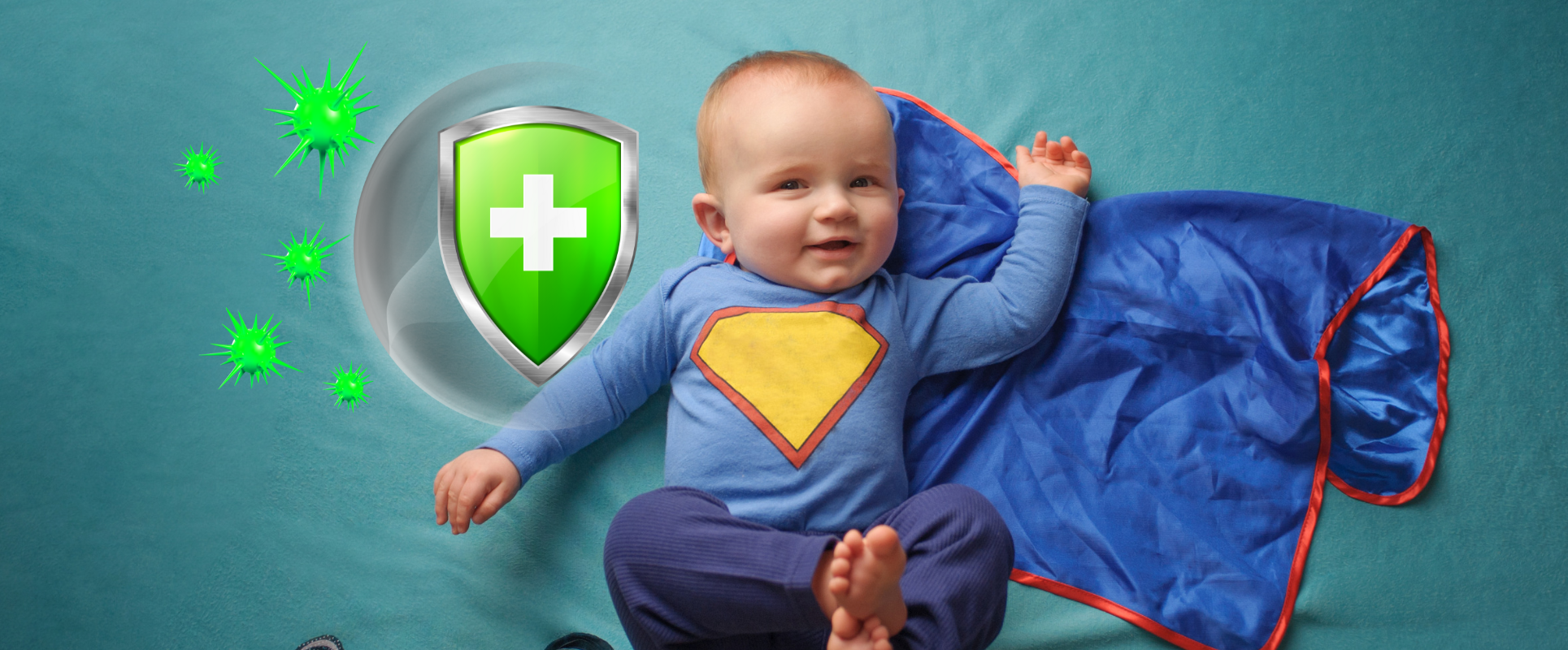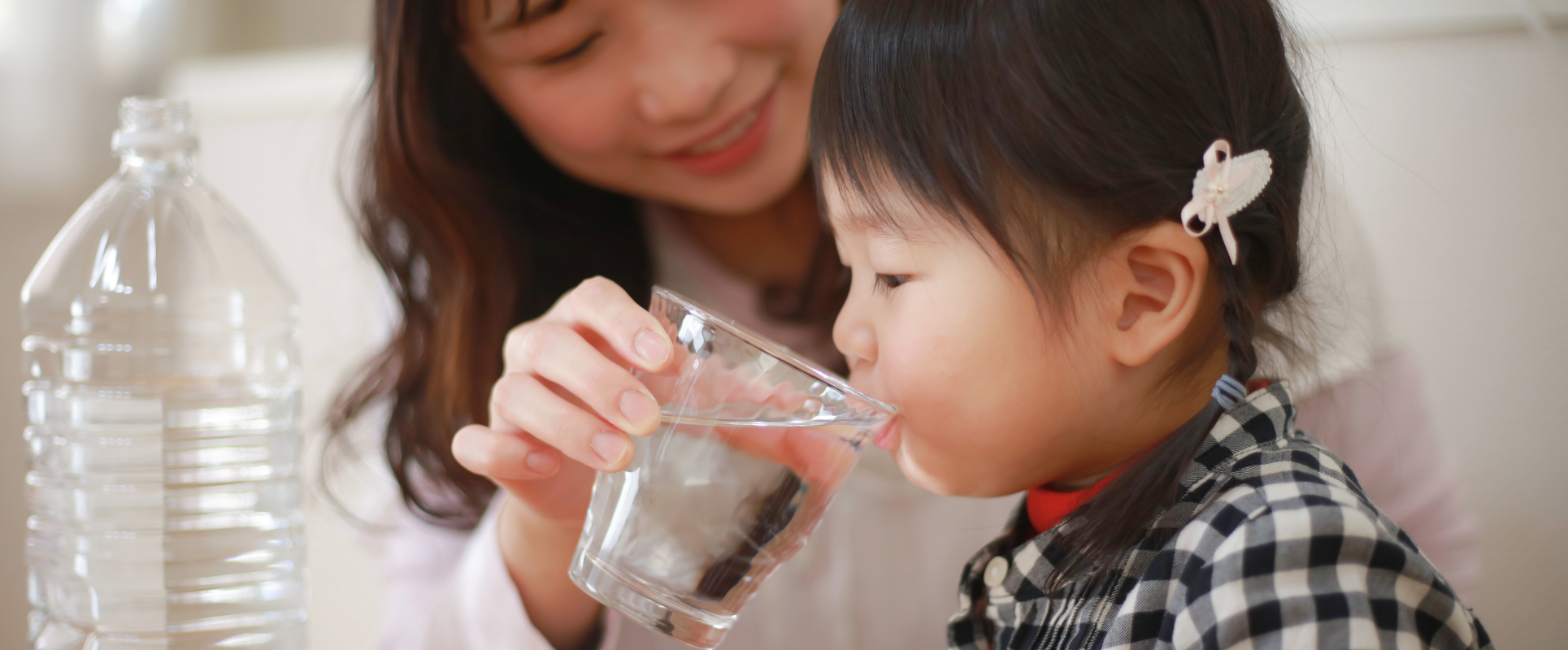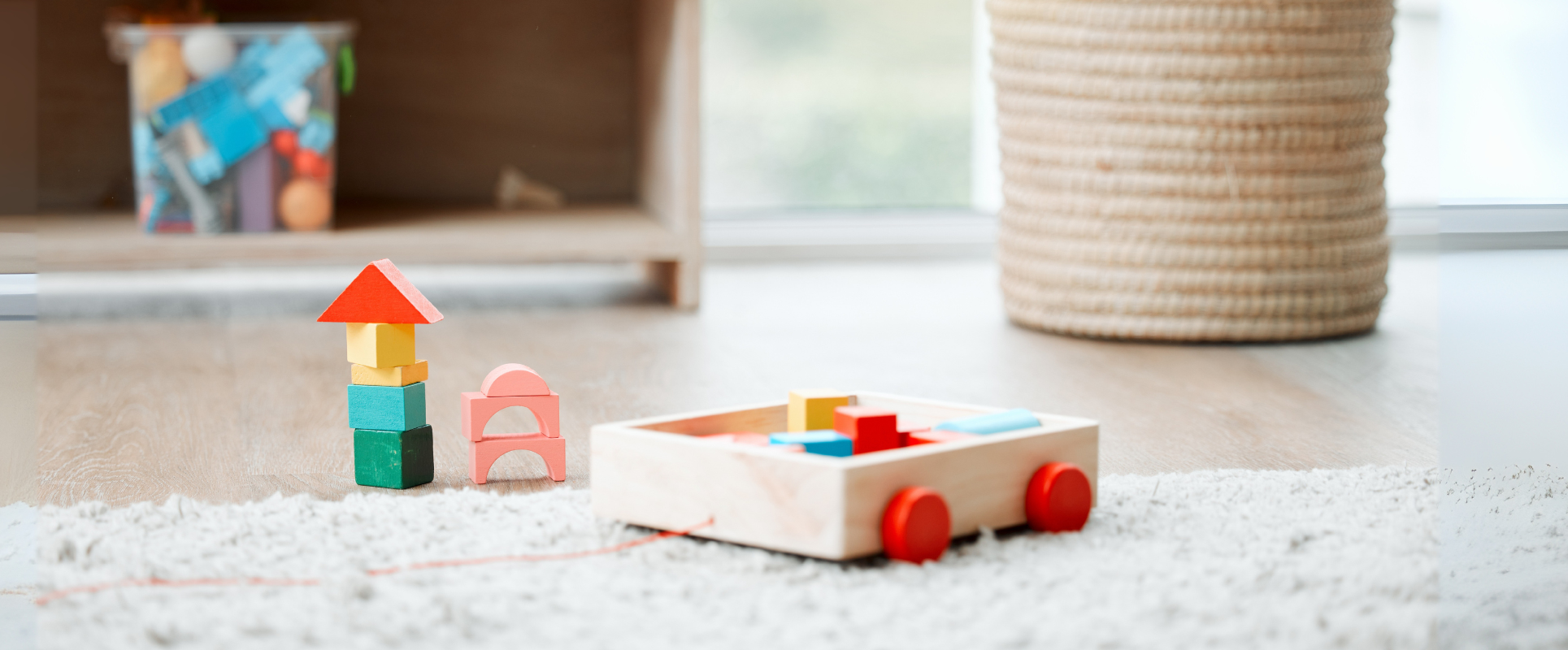
How to Naturally Boost the Immune System in Young Children
In today’s world, parents often worry: “How can I help my child avoid frequent colds or other infections naturally?” A strong immune system isn’t built overnight — it develops through daily habits, nutrition, environment and emotional wellbeing. Research from pediatric experts shows that there are many evidence-based, natural strategies you can use to support children’s immunity. This article draws on medical literature, pediatric guidelines and recent scientific studies to offer practical, trustworthy advice you can start implementing today.
What Is a Child’s Immune System & Why It Matters
-
The immune system is the body’s defense mechanism. It includes innate immunity (the first line of defense: skin, mucous membranes, certain white blood cells) and adaptive immunity (learned responses, antibodies, etc.).
-
For children, many parts of the immune system are still developing, especially in infants and preschoolers. Exposure to germs, good nutrition, rest and vaccinations are all key in helping the immune system “learn” what to defend against.
Seven Natural Strategies to Boost Immunity in Young Children
Below are evidence-based, natural approaches. Always check with a pediatrician when making major dietary or lifestyle changes.
|
Strategy |
What to Do |
Why It Helps |
|---|---|---|
|
1. Balanced, nutrient-rich diet |
Include plenty of fruits & vegetables (bright colours), lean proteins (chicken, fish, beans), whole grains, healthy fats (nuts, seeds, olive oil). Limit processed foods, added sugars, saturated fats. |
Provides vitamins, minerals, antioxidants needed for immune cell production; supports gut health. Harvard Health recommends lots of fruits & vegetables. Brown University Health notes how foods like leafy greens, citrus fruits, nuts help immunity. |
|
2. Adequate sleep |
Establish consistent bedtime routines; aim for age-appropriate sleep hours (e.g. preschoolers ~10-13 hours/night; school-age ~9-12). Reduce screen time before bed. |
Sleep is when immune repair, growth, and regeneration happen. Lack of sleep correlates with higher risk of infection. |
|
3. Regular physical activity & outdoor time |
Unstructured play (running, climbing), walks, active games. Exposure to sunlight (with skin protection) to help vitamin D production. |
Improves circulation of immune cells, supports vitamin D, reduces inflammation; outdoor fresh air reduces pathogen load in enclosed spaces. |
|
4. Hydration |
Offer water throughout the day; limit sugary drinks. Use water-rich foods (e.g. fruits). |
Cells need fluid to function; dehydration can impair immune responses. Helps mucous membranes function properly. |
|
5. Probiotics & gut health |
Include fermented foods (yogurt with live cultures, kefir, miso where culture appropriate), high-fiber foods. For picky eaters or special cases, consider supplements under medical guidance. |
Large portion of immune system is associated with gut microbiome. A healthy gut helps defend against pathogens. |
|
6. Minimize stress, support emotional wellbeing |
Create a calm, supportive home environment. Teach breathing exercises, allow free play. Encourage social connections, family time. Limit overstimulation (screens, noise). |
Stress and anxiety can suppress immune functions via hormonal changes; emotional wellbeing contributes to better sleep and healthier habits. |
|
7. Vaccinations & safe hygiene habits |
Stay up-to-date with pediatric vaccine schedule (e.g. flu, measles, etc.). Teach hand-washing, covering coughs and sneezes, avoiding close contact with sick individuals. |
Vaccines train the adaptive immune system; hygiene helps reduce exposure to pathogens. These are well-proven public health measures. |
Practical Tips & Daily Routine Ideas
To make the above strategies work well, integrating them into daily life is key:
-
Make meals colourful & fun. Let children help in choosing fruits/vegetables; prepare food in fun shapes.
-
Bedtime routine: Quiet time, dim lights, reading story, consistent sleep/wake times.
-
Play outdoors daily: Whether in parks or yard; fresh air, natural daylight.
-
Hydration habits: Use fun water bottles; offer water with meals and snacks.
-
Mindfulness & stress relief: Short breathing games, age-appropriate meditation, drawing or talking about feelings.
-
Hygiene habits as games: Teach hand-washing with songs; use “germ-buster” theme.
These small, consistent habits build into strong immune resilience over months and years.
What About Supplements & Natural Remedies?
-
Some studies (e.g. a 2023 review on natural ingredients) highlight micronutrients like vitamin C, D, zinc, selenium, magnesium and certain polyphenols (e.g. quercetin) as supporting immune functions. However, supplements are not a substitute for a nutritious diet and healthy habits. Overdosing can cause harm. Always consult a pediatrician before giving supplements.
When to Seek Medical Advice
While many common infections are normal in children as their immune systems mature, there are warning signs:
-
Very frequent infections (e.g. more than expected for age or daycare/school exposure)
-
Infections that are severe, slow to resolve, or unusual germs
-
Poor growth, chronic diarrhea or serious gastrointestinal symptoms
-
Repeated hospitalizations or need for IV antibiotics
If any of these apply, see a pediatrician or immunologist. They can evaluate possible underlying immune deficiency or other medical causes.
Conclusion
Building a strong immune system in children is a long-term investment. It’s about combining good nutrition, adequate sleep, physical activity, emotional care, safe hygiene and preventive health measures like vaccinations. There is no “quick fix,” but consistently applying these natural strategies helps reduce illness, supports healthier growth and builds resilience for life.
Sources
-
Harvard Health Publishing — “Boosting your child’s immune system” https://www.health.harvard.edu/blog/boosting-your-childs-immune-system-202110122614
-
Lurie Children’s Hospital — “How to Boost Your Child’s Immune System” https://www.luriechildrens.org/en/blog/how-to-boost-your-childs-immune-system/
-
Brown University Health Blog — “Foods to Boost Your Immune System” (BrownHealth) https://www.brownhealth.org/be-well/foods-boost-your-immune-system
-
Recent review in PMC (National Institutes of Health) on natural ingredients & micronutrients for immune modulation (e.g. vitamins, zinc, etc.) https://pmc.ncbi.nlm.nih.gov/articles/PMC10143734/








